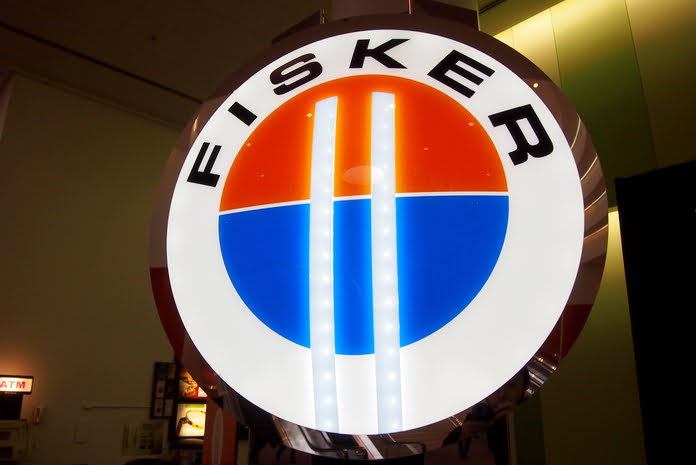Fisker (NYSE:FSR) issued a warning on Thursday, expressing doubts about its ability to sustain operations, causing its shares to plummet by 35% after the stock market’s closing. Fisker announced plans to reduce its workforce by approximately 15% and disclosed ongoing discussions with a major automaker for potential investment and collaboration in joint development. However, specifics regarding the automaker’s identity and financial details of the potential agreement were not disclosed.
The company’s challenges stem from struggles in selling its flagship Ocean electric SUV due to decreased demand resulting from high-interest rates. Fisker acknowledged that its resources were insufficient to cover expenses over the next 12 months. In addition to negotiations with the large automaker, Fisker also confirmed talks with a debt holder regarding a possible investment. The company aims to deliver between 20,000 and 22,000 Ocean vehicles in 2024 but warned of potential production reductions, decreased investments, operational scaling back, and further job cuts without additional financing.
Fisker’s situation mirrors the setbacks larger EV competitors Rivian (NASDAQ:RIVN) and Lucid (NASDAQ:LCID) face, which have also experienced reduced demand due to high borrowing costs affecting consumer sentiment.
CEO Henrik Fisker cited challenges in 2023, including supply chain delays, hindering the timely delivery of the Ocean SUV. Despite producing over 10,000 vehicles in 2023 (less than a quarter of the initial forecast), only about 4,700 were delivered.
Last month, Fisker announced plans to expand its distribution network by adding dealerships alongside its direct-to-consumer model, signing 13 dealer partners across the U.S. and Europe. The success of this strategy is pivotal for the company’s business plan.
Fisker disclosed ongoing discussions with five automakers for partnership agreements to secure additional production capacity, which have now narrowed down to one automaker. The potential deal includes joint development of electric vehicle platforms and manufacturing in North America.
Fisker’s finance chief, Geeta Fisker, emphasized the benefits of such partnerships in terms of time, cost savings, and technology sharing.
Despite unveiling projects like the $45,000 electric pickup, Alaska, and the smaller SUV, PEAR, priced at $29,990, Fisker emphasized that these ventures hinge on securing partnerships.
Regarding financial performance, Fisker reported preliminary fourth-quarter revenue of $200.1 million, falling short of analysts’ average estimate of $310.8 million, with a widened net loss of $463.6 million compared to $170 million a year ago.
Featured Image: Megapixl















